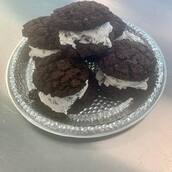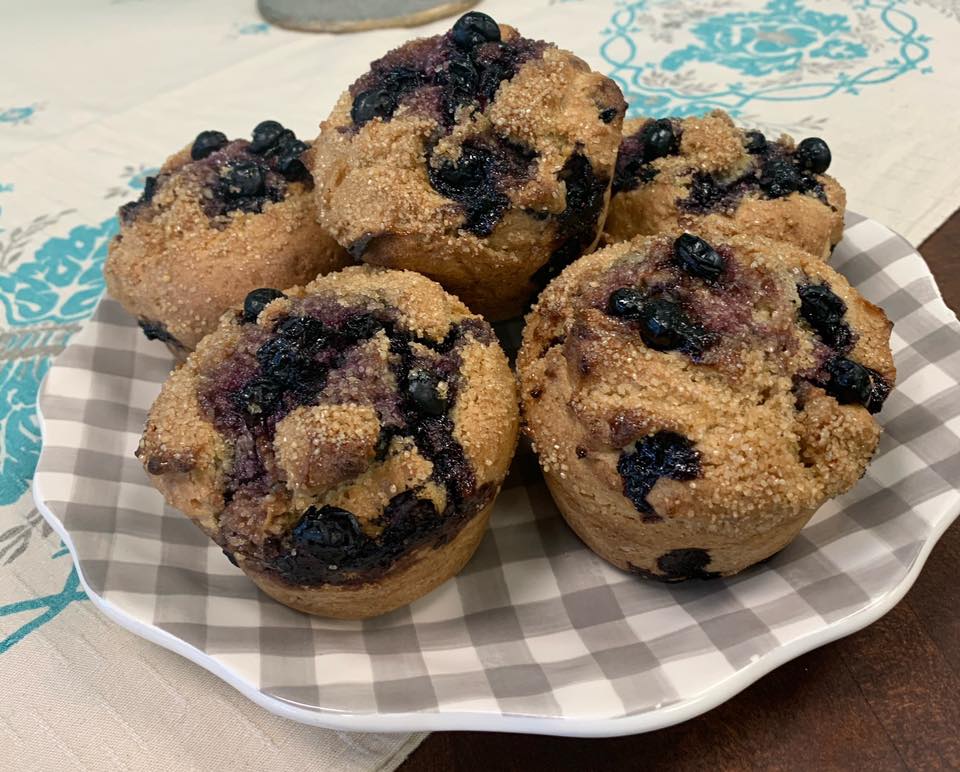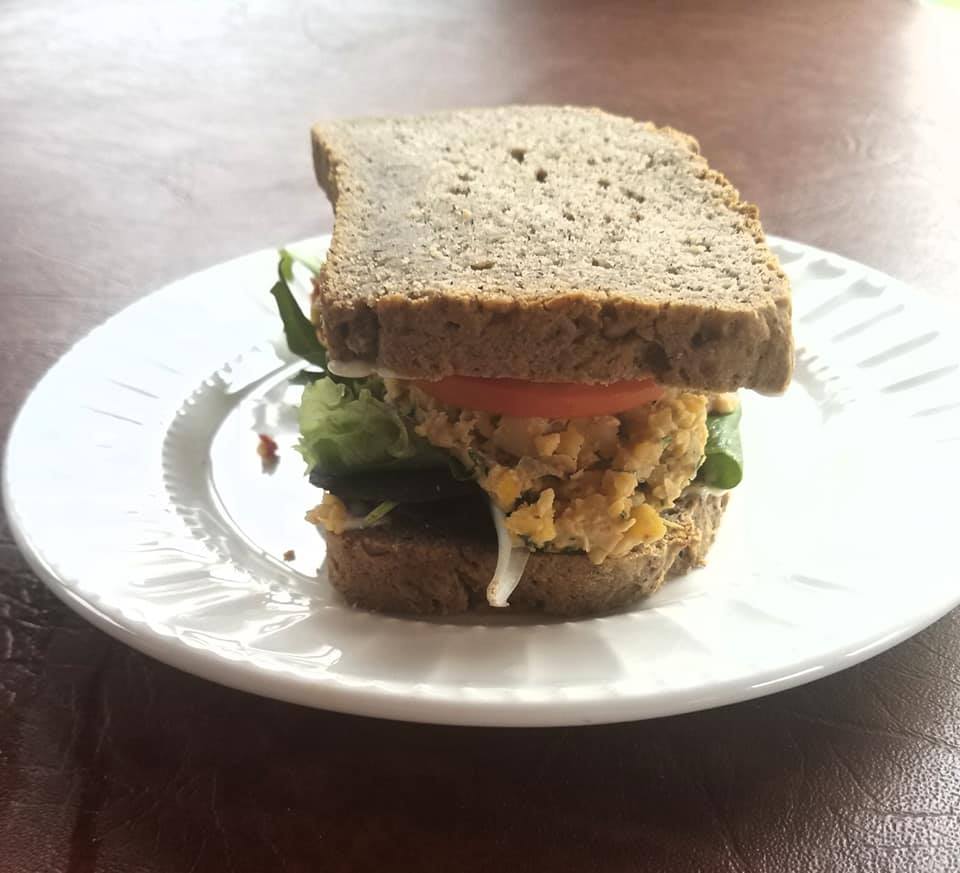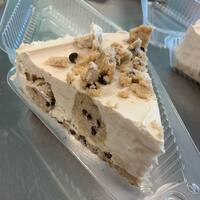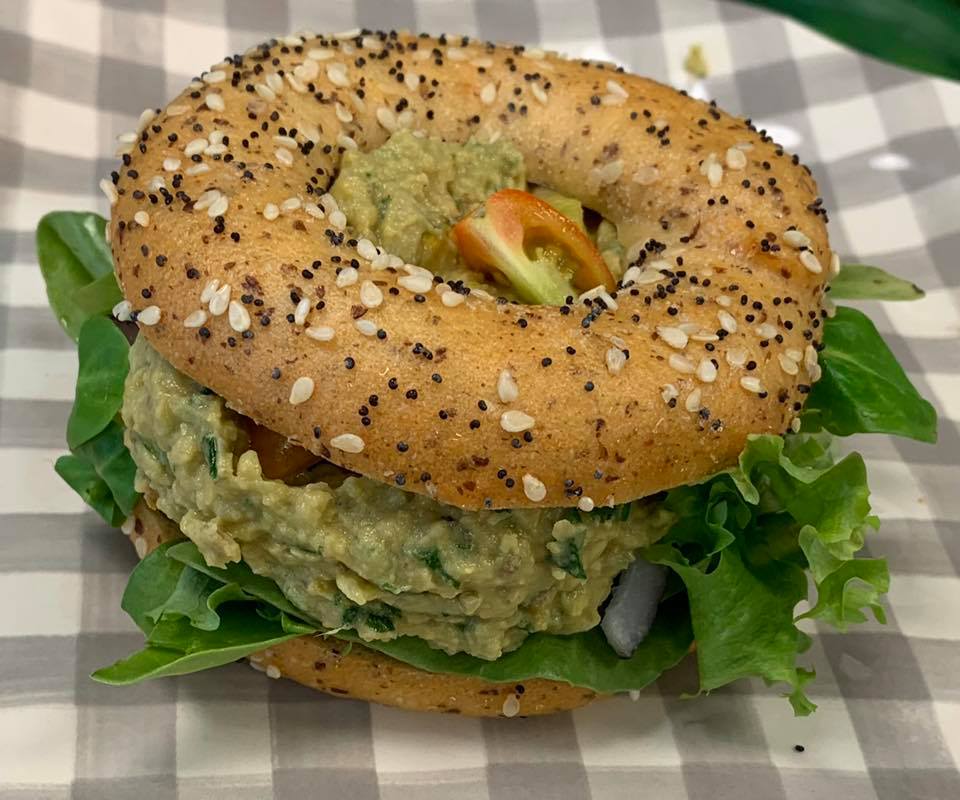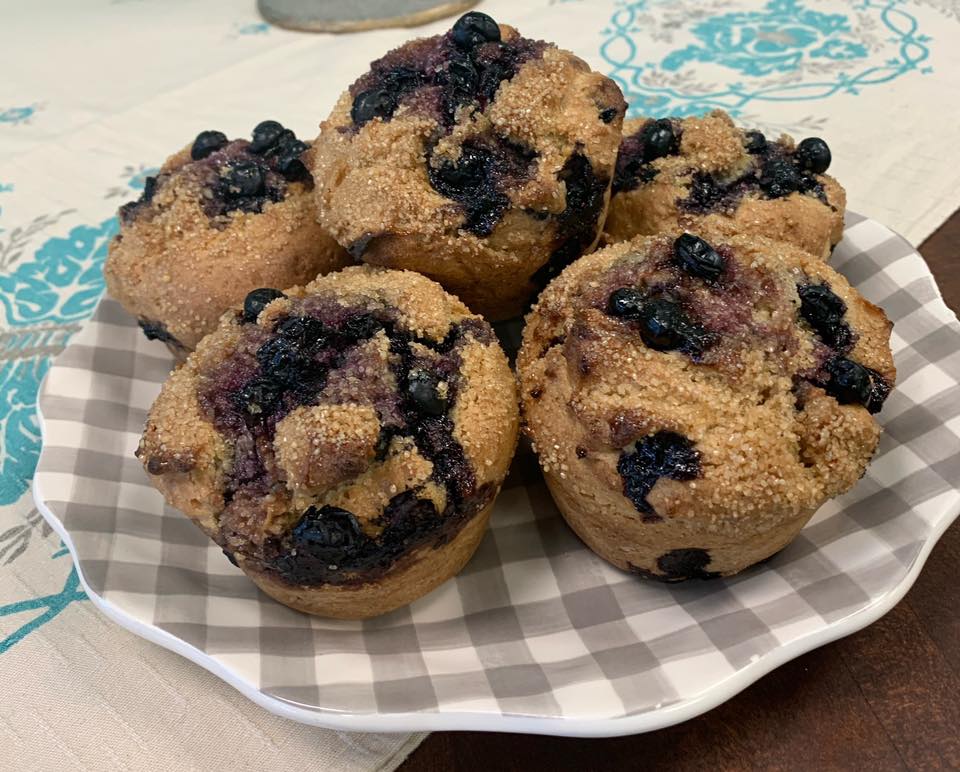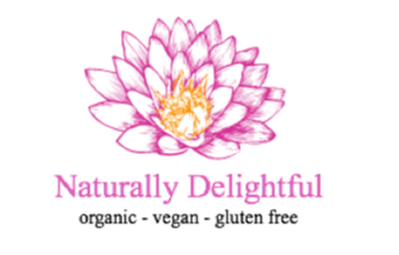|
Dairy has a well-deserved spot on the Mount Rushmore of balanced diets. It provides a variety of health benefits and is an optimal source of many important nutrients and vitamins. Unfortunately, there is a population of people who understand all too well that just because something is good for the average person, that does not make it good for everyone. There are between 30 and 50 million people in the United States who are lactose intolerant. And almost two percent of children under the age of four have a milk allergy.
The dairy alternatives market is steadily growing as people are recognizing that traditional and flavorful recipes are still possible to enjoy with substitute ingredients. Even people who do not experience lactose intolerance or have a dairy allergy are choosing to tap into the benefits of going dairy-free:
Of course, all of that sounds great, but the actual process of going dairy-free is a lot easier said than done, right? Well, yes and no. Change, no matter what kind it is, can always be a challenge. However, once you commit yourself and make a few minor tweaks to your grocery list, you will find that you can make almost anything equally (and often even more) delicious with a dairy alternative. One of the most amazing things about being part of the community of small business owners is how each of us, no matter how different our businesses are, grew from the same roots: inspiration, passion, and big dreams. When my son was diagnosed with celiac disease over ten years ago, his journey became my inspiration. And since I have always had a passion for baking and a dream of opening my own business, Naturally Delightful kind of just "naturally" became a reality.
Small business recognition is near and dear to my heart for obvious reasons. As a consumer, I also make every possible effort to keep my purchases local. Supporting small businesses has a ripple effect that extends further than some people might even realize. Outlined below are just a few of the many different reasons to consider incorporating this practice into your regular shopping routine.
Your individual health is an elaborate equation that consists of many different variables. Some of them, like genetics, are out of your control. However, what you choose to put in your body is a conscious decision that you make multiple times every day.
If you are looking for a diet that will improve your health in a variety of ways, it may be time to explore what vegan has to offer.
Food is such a large and complex part of our lives, and it is very easy to take the things that you get to eat every day for granted. So any time you have to make an unexpected dietary shift, no matter the reason, it can be scary and overwhelming.
Anyone who has been diagnosed with celiac disease knows this reality all too well. The first and foremost suggested treatment is making an abrupt adjustment to a gluten-free diet. Although this process can, at first, feel like a full-time job in and of itself, most people only need a little guidance before they're able to comfortably settle into their new and healthier gluten-free lifestyle.
If you wanted to shop for organic products not that long ago, your options were typically limited to a few sparsely located natural food stores or small produce sections squeezed into your local grocery store. Fast forward to 2022, though, and what once was perceived by some people as a novelty fad has evolved into a mainstream lifestyle.
The organic market has proven that consumers are willing to extend their grocery budget a little bit in order to reap the benefits of having organic food on their plates. The organic food industry in the United States continues to boom, projected to grow almost 14% over the next five years. This would put its market value at over 125 billion dollars by 2026. There are many different ways that eating organic supports your overall health and wellness. Here are just a few. |
Naturally Delightful @ 2023. All Rights Reserved.
Website Content Written by Lokken Writing Services


